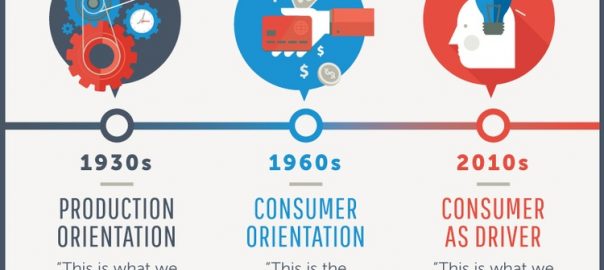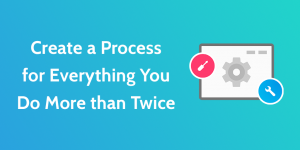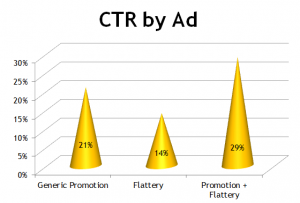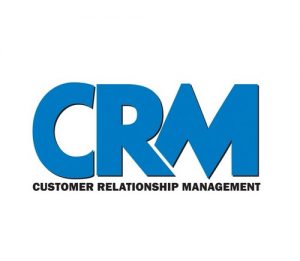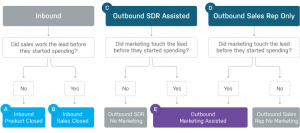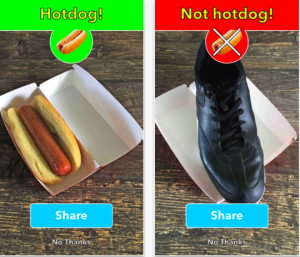Is marketing one of your company’s biggest challenges? You’re not alone. According to Hubspot, 65% of business owners identify generating leads for their business as the biggest challenges. Knowing where to market, what message to send, what to prioritize, and how to measure return on investment isn’t always easy.
Embracing digital marketing can help businesses overcome these challenges and achieve marketing success that is a lot less accessible – and more expensive – with traditional marketing strategies. What is digital marketing, and how can you leverage it to take your marketing efforts to the next level?
The term digital marketing includes all of a company’s online marketing efforts. Any online channels that businesses leverage to interact with current and prospective clients are considered digital marketing: Google search, email newsletters, any social media network, the company website and blog, video, webinars, podcasts – you name it. If you’re heard of online marketing or internet marketing, it’s the same thing.
Print ads on newspapers and billboards, flyers, stickers, event sponsorship and radio or TV commercials, on the other hand, are considered traditional marketing. While these might still be good investments for local businesses, traditional marketing tools do have their limits when it comes to audience reach, engagement factor, and measurability. Customer behaviour has evolved with the progress of technology and businesses are adapting their sales efforts and consumer targeting strategies accordingly which is why digital marketing is in such high demand.
What has changed in the marketing world?
The global usage of the world wide web has drastically increased over the past twenty years. That has also changed people’s buying behaviour, meaning “traditional” outbound marketing isn’t as effective as it used to be. Over the past few years, the development has even gone so far that mobile browsing and shopping have officially overtaken people’s desktop usage, taking digital marketing to a whole other level.
Nowadays, businesses have to earn their customers’ attention with engaging content, on-going conversations, opt-in email lists, online brand building, and viral campaigns. That doesn’t mean that the 4 Ps or the Marcom Workflow we learned about in school aren’t relevant anymore, rather the opposite. You need to master your basics before being able to step up your game. Ultimately, both strategies are all about connecting with your audience in the right place at the right time with the right message. That means you meet them where they already enjoy spending most of their time. In 2017, that’s the internet (specifically: the internet on mobile devices).

What are the advantages of digital marketing?
Digital marketing is cost-efficient. Of course, badly managed pay-per-click campaigns can burst anyone’s budget; however, the cost of most digital marketing tactics still deliver better ROI than traditional marketing.
Another big opportunity for businesses in digital marketing is that it allows you to target an audience that local or international, which makes your campaign efforts much more effective. You have the freedom to target specific age groups, geographic locations, occupations, interests and so forth.
Thanks to insight tools like Google Analytics your digital efforts are easily measured and scaled. Unlike traditional marketing campaigns, you can check on your numbers in real time and adapt very quickly to what’s working and what isn’t.
One of the most crucial differences and a clear win for digital is the fact that through online marketing you can interact directly with your audience. It’s a key part of 21st-century marketing allowing the inquisitive modern day consumer to research your products or services, like and follow your brand, rate them, discuss them, and share them with other prospects.
Obviously, I am passionate about digital marketing, because I know that it works. But that doesn’t make traditional marketing materials obsolete. Depending on your specific marketing objectives I am all for leveraging the best of both worlds.
Digital & Social Articles on Business 2 Community(49)
Report Post